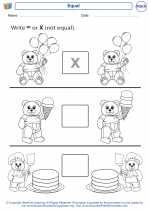Weeks
In the study of time, a week is a unit of time that consists of seven days. It is a common way of organizing and measuring time, and is widely used in the calendar systems of many cultures around the world.
Days of the Week
The seven days of the week are: Sunday, Monday, Tuesday, Wednesday, Thursday, Friday, and Saturday. These days are often represented by their initials: Sun, Mon, Tue, Wed, Thu, Fri, and Sat.
Organization of Weeks
Weeks are often organized to start on a specific day, with Sunday or Monday being the most common choices. In many Western countries, the week is considered to start on Monday, while in some Middle Eastern and Asian countries, it starts on Sunday.
Uses of Weeks
Weeks are commonly used in everyday life for planning and scheduling activities. For example, work schedules, school calendars, and sports events are often organized around the concept of weeks. Additionally, many recurring events, such as weekly meetings or religious observances, are based on the weekly cycle.
For longer time periods, weeks are also used to measure months and years. For instance, a month is often considered to be approximately four weeks long, and a year is composed of 52 weeks (with some exceptions for leap years).
Understanding the concept of weeks is important for learning about the calendar, scheduling activities, and developing a sense of time and routine.
Overall, weeks are a fundamental unit of time that play a crucial role in organizing and measuring the passage of time in our daily lives.
[Weeks] Related Worksheets and Study Guides:
.◂Math Worksheets and Study Guides Kindergarten. Comparing, and ordering
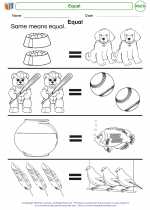
 Coloring Worksheet
Coloring Worksheet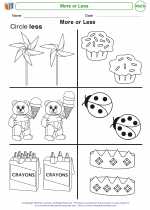
 Coloring Worksheet
Coloring Worksheet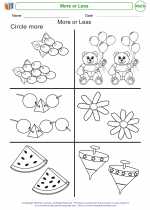
 Worksheet/Answer key
Worksheet/Answer key
 Worksheet/Answer key
Worksheet/Answer key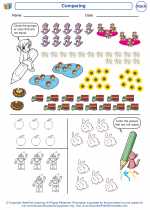
 Worksheet/Answer key
Worksheet/Answer key
 Worksheet/Answer key
Worksheet/Answer key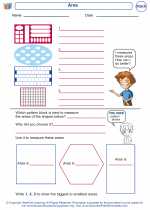
 Worksheet/Answer key
Worksheet/Answer key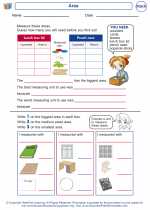
 Worksheet/Answer key
Worksheet/Answer key